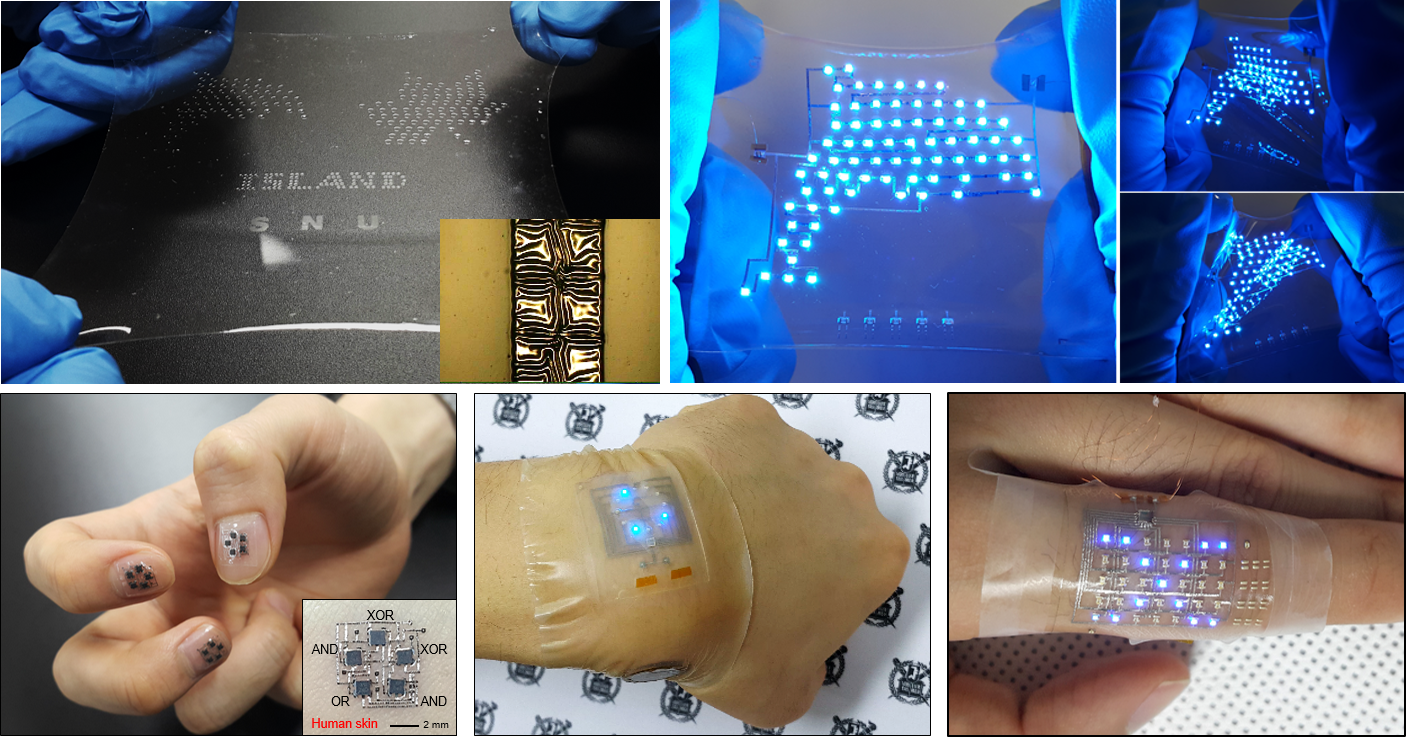- About
- Academics
-
Undergraduate Programs
- Civil and Environmental Engineering
- Architecture and Architectural Engineering
- Mechanical Engineering
- Industrial Engineering
- Energy Resources Engineering
- Nuclear Engineering
- Materials Science and Engineering
- Electrical and Computer Engineering
- Naval Architecture and Ocean Engineering
- Computer Science and Engineering
- Aerospace Engineering
- Chemical and Biological Engineering
-
Graduate Programs
- Civil and Environmental Engineering
- Architecture and Architectural Engineering
- Mechanical Engineering
- Industrial Engineering
- Energy Systems Engineering
- Materials Science and Engineering
- Electrical and Computer Engineering
- Naval Architecture and Ocean Engineering
- Computer Science and Engineering
- Chemical and Biological Engineering
- Aerospace Engineering
- Interdisciplinary Program in Technology, Management, Economics and Policy
- Interdisciplinary Program in Urban Design
- Interdisciplinary Program in Bioengineering
- Interdisciplinary Program in Artificial Intelligence
- Interdisciplinary Program in Intelligent Space and Aerospace Systems
- Chemical Convergence for Energy and Environment Major
- Multiscale Mechanics Design Major
- Hybrid Materials Major
- Double Major Program
- Open Programs
-
Undergraduate Programs
- Research
- Campus Life
- Communication
- Prospective Students
- International Office
SNU Professor Hong Yongtaek research team developed fully printable and stretchable soft platform
-
Uploaded by
관리자
-
Upload Date
2017.08.14
-
Views
761
SNU Professor Hong Yongtaek research team developed fully printable and stretchable soft platform
-“Enables faster development of wearable devices”

▲ SNU Department of Electrical and Computer Engineering Professor Hong Yongtaek research team: (left) Professor Hong Yongtaek, Researcher Byun Junghwan, Researcher Lee Byeongmoon
A domestic research team developed a key technology to advance wearable devices which can be attached to flexible and soft surfaces such as human skin.
SNU College of Engineering (Dean Lee Kun-woo) stated on 29th that Department of Electrical and Computer Engineering Professor Hong Yongtaek research team (researcher Byun Junghwan and Lee Byeongmoon) developed a key technology for commercializing stretchable wearable devices which can be attached to various curved surface. This enlightened green lights of developing various wearable devices such as health monitoring, medical and bio, smart devices, and IoT.
The stretchable electronics can be applied to various fields such as pulse, respiration and oxygen saturation check, blood and perspiration analysis, and monitoring patch for muscle and brain activities. However, previous process is both complex and expensive and also limited in function and design.
Professor Hong said "Previous stretchable electronics was confined in unit structures and therefore needed external circuits on relatively large rigid islands to function the complete system. Hence, the research team embedded strain-engineered structure in polymer called PDMS (Polydimethylsiloxane) using printing process and enabled PCB (Printed Circuit Board) which has no performance change during stretching".
The research team was able to embed plastic material of high elastic modulus in the stretchable islands of low elastic modulus using printing process such as inkjet-printing and dispensing. As the result, they created stretchable soft PCB platform which only has under 2% stress when it is under 50% external strain (1.5 times extended of the original size).
The platform is as thin as 50μm and therefore able to adhere to various surfaces such as skin. Also this can be manufactured in large-scale of over 14 inches. The research team developed surface-mounting technology optimized in stretchable electronics and demonstrated various wearable devices such as the wearable analog watch, stretchable display and temperature monitoring array.
Moreover, using the images of stretchable platform, they developed a program which enables easier routing of complex circuits by searching the safe area of minimum strain. Therefore, they allowed automation of customized circuit designing and manufacturing on stain-engineered stretchable platform.
Professor Hong said "This research is significant that it allowed system-integrated technology with design freedom through PCB platform technology and flexible printing electrode which satisfy versatile use and customization property. This will contribute to popularization and market securment of stretchable soft PCB."
The result was published in 'Scientific Reports' on March 24th. This research was supported by the Center for Advanced Soft-Electronics funded by the Ministry of Science, ICT and Future Planning as Global Frontier Project, and the Institute for Information & communications Technology Promotion.

▲ First line: (left) strain-engineered soft platform and wave-form electrode, (right) LED array on soft platform
Second line: (left) digital full adders, the wearable analog watch in patch forn, passive matrix LED display